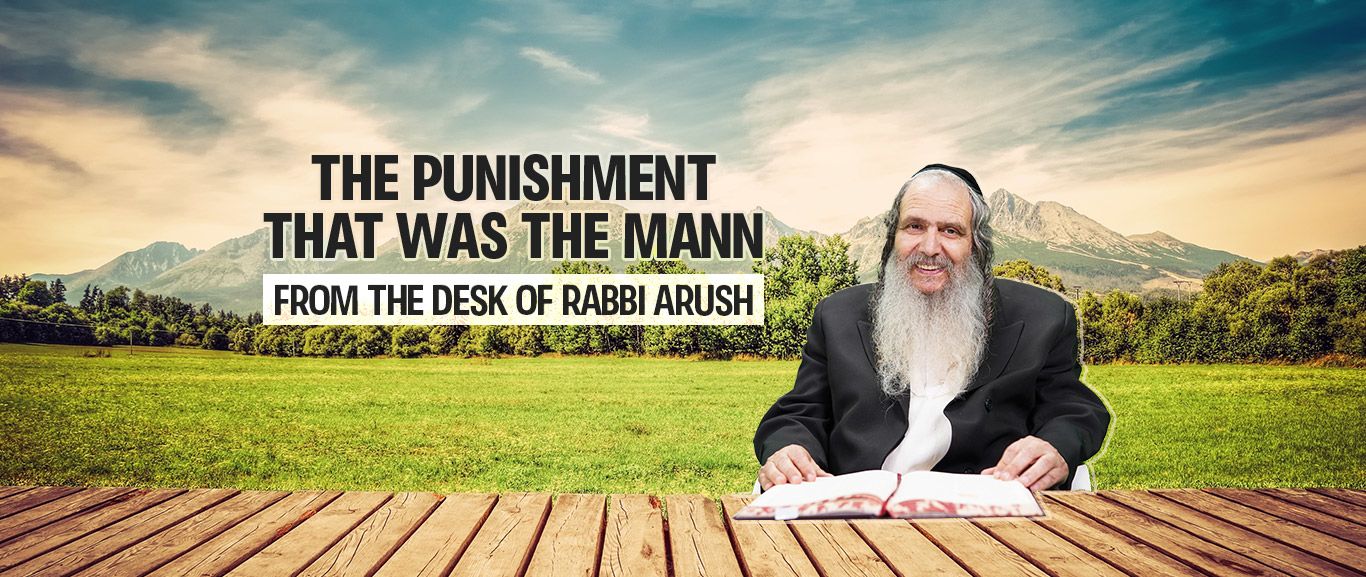
The Punishment That was the Mann
We see more and more that people want to break loose of every restriction, both civil and religious. Will that freedom really bring one a life that is full of happiness and contentment? And, if not, what will? Rabbi Arush explains...

Translated from Rabbi Arush’s feature article in the weekly Chut shel Chessed newsletter. The articles focus on his main message: “Loving others as yourself” and emuna.
Freedom Within Strictures of the Law
We are a generation of freedom and liberty. “Human dignity and liberty,” as the name of the famous law goes. People are trying to shake off any law, burden, limitation and definition, and to challenge anything that limits their “liberty.”
The idea of complete freedom might be tempting at first glance, but it is dangerous and, indeed, impossible, because it is completely opposed to the nature of the world. The world runs according to rules. If you want complete freedom, perhaps you would like to propose a law annulling gravity? Why should we all have to be pulled towards the ground? And why can’t one touch fire? Who said fire has to burn? Maybe we should do away with that law that limits our freedom so much?
Clearly, this cannot be on the agenda. It is impossible to express one’s desire for freedom by going against the laws of nature. The opposite is true. The laws of nature are the reality and the framework within which we operate. If we go against these laws and try to touch fire – we will pay a heavy price; if we don’t accept the law of gravity and try to jump off a cliff – the last thing we will have will be freedom… Not only do the laws of nature not bother us, but they even help us: The law of gravity gives us stability and security, and the power of fire helps us cook and produce electricity and make cars go, and countless other things.
And so, if you accept and take the laws into account – then first of all you have a standing and a life in this world, and only after that do you have complete freedom to do what your heart really wants to do within the law system. And even more so: the laws themselves enable you to be much freer and to have many more options.
True Liberty
And so it is, and even more so, regarding the laws of the Torah!
The laws of the Torah are not limitations – they are the laws of life. They are both the healthy framework for life and life’s content. The Torah laws protect us from damage. Transgressing the Torah laws and ignoring them is very detrimental to the person himself and to the entire world. It is not a punishment, but just a law, the way things work.
Only sticking to the Torah laws and obeying them enables one to live a good life in this world: a real life, a pleasant life, a healthy life in terms of both body and soul, individual and society. The Torah laws don’t limit one’s freedom; they enable us to enjoy a healthy existence that only through them can one be truly free. They are the only thing that open the possibility for happiness and a meaningful life.
Not for nothing are the Charedim the happiest people in Israel, according to the official statistics – in direct contrast to their economic status. So, one sees that not only is there no contradiction between the demand and the desire for freedom and the laws of the Torah, but that the person who engages in Torah learning and mitzvot seriously – only he is free. “There is no free man, except he who involves himself in Torah learning.” (Perkei Avot 6:2)
Life Insurance
And that is what the Torah tells us in parashat Re’eh: “Take care to keep every mitzvah that I am charging you with on this day, so that you may survive and thrive, go in, and take possession of the land…” (Devarim 4:1) Observing the mitzvot gives life; observing the mitzvot gives blessing; observing the mitzvot allows one to be in Eretz Yisrael. Life and blessing are dependent on the laws of the Torah, not on any effort or actions. The key to a good, happy and blessed life in the Land of Israel is the observance of the Torah.
As a proof for this, Hashem warns us immediately in the next passuk to remember well the realities of the wilderness, in which we were provided with our needs generously, without any effort on our part: “Remember that Hashem, your G-d, has led you through all this journey of forty years in the wilderness.”
Remember how you lived in a dangerous, accursed, wild place, where human beings cannot survive. And in this place, you lived wonderful lives. You did not lack food. Your clothes grew with you. The Clouds of Glory cooled the heat of the desert for you by day and warmed you during the cold nights. Natural reality had no hold over you; you walked in the wilderness and your feet did not swell.
A person thinks: A garment tore, I fell and suffered an injury, the glass broke, my health is failing, my eyes are weakening – that’s the way of the world. No, no! This is not the way of the world. The laws of the Torah promise a person a perfect and healthy life without any lack. Any lack we experience is just the result of a reality of sin.
At the age of one-hundred-and-twenty, Moshe Rabbeinu had the good health of a young man: his eye had not dimmed, and his vigor had not diminished. All symptoms of “aging” arise from a reality of sin. In his old age, David Hamelech was “covered with garments but did not become warm.” Chazal say that was not due to his age; rather, this was a punishment for tearing Shaul’s coattail. Although he most probably did this with a very good intention of making peace with Shaul etc. – but for the spiritual level of the Anointed One that was a fault, although a very slight one – and it was noticeable and expressed itself in reality as a fault. And that is exactly what I’ve always said – “There is no suffering without sin” is a basic rule of emuna (faith).
To work and buy food and clothing and deal in general with bodily and this-worldly needs, too, is not a determined fate. Because everything is the result of sins, spiritual faults. And therefore, Hashem reminds us: You saw for yourselves that a person can live solely on Hashem’s speech – not on bread and not on work and not on anything else.
He Afflicted You, Let You Hunger, and Then Fed You the Mann
I saw a wonderful commentary in the name of Rabbi Moshe Feinstein zt”l. The Rabbi asks why was there a difference between the miracle of the clothes and that of the Mann? The clothes washed and ironed themselves, and grew with their wearers, without requiring any effort (hishtadlut), for forty years, but the Mann did involve some work. Bnei Yisrael felt hungry and had to go out to collect the Mann day after day. And then grind it, cook and bake it. Waste time on eating. In short, it involved much superfluous work and effort.
Rabbi Feinstein says a wonderful idea: True, this work was not meaningless. Work is a punishment. For what? For the fact that Bnei Yisrael complained! They received the Mann through complaining, thus exhibiting lack of faith in Hashem. And therefore, they were punished by having to work to get it. If they had not complained, Hashem would have taken care of all their needs, and they would have lived and been sustained even without eating. They would have lived without eating or drinking and without any feeling of hunger, like Moshe Rabbeinu when he was on Mount Sinai. And like Eliyahu Hanavi who ate a single round cake, which gave him the energy to walk for forty days.
And therefore, in spite of the fact that the Mann was all a wonderful miracle and was completely absorbed in the body, and Bnei Yisrael didn’t have to relieve themselves for forty years – still, it had the aspect of punishment in it, and therefore it says in our parasha: “He afflicted you and let you hunger, and then He fed you the Mann.”
This demonstrates the point of this article: Lack of emuna is a lack in one’s life. In other words, a life tied to materiality, a life of labor. Conversely, when one lives with complete emuna and with constant thanks to Hashem, one merits a perfect spiritual life, a life of freedom.
The Emuna Treatment
The Torah tells us: Know, that the greatest and best effort you can make to have a good and perfect life in this world, with true liberty from dealing with your physicality – is observing the Torah and the mitzvot, and mainly “every mitzvah,” in other words the main mitzvah, which is that of emuna, as David Hamelech says: All Your mitzvot are emuna.” You act according to the laws – and the entire world is blessed, you become full of life, body and soul, in good health and happiness.
Any laxness and veering away from the laws hurt you, first of all. There is no suffering without sin. Only teshuva (repentance), tefilla (prayer), and tzedakah (charity) can correct and heal any scarcity in life. One must first mend the spiritual scarcity.
Rabbeinu writes in Likutei Moharan that there are ailing people whom no treatment and even no tefilla or forefathers’ merits help. Rabbi Nachman calls this “makkot mufla’ot” – wondrous plagues – and says they appear when one’s emuna collapses. When one’s emuna fails, one’s health fails as well. No treatment will help except for learning emuna and maintaining it.
I’ve seen with my own eyes people who have come to me, suffering from cancer, when the doctors have already given up, and I told them to learn every day from the book The Garden of Emuna – and they recovered, as Rabbi Nachman says that faith is the true force of healing, for even the true medications cannot heal without emuna. May Hashem grant us healthy and happy lives in the merit of emuna and mitzvah observance.


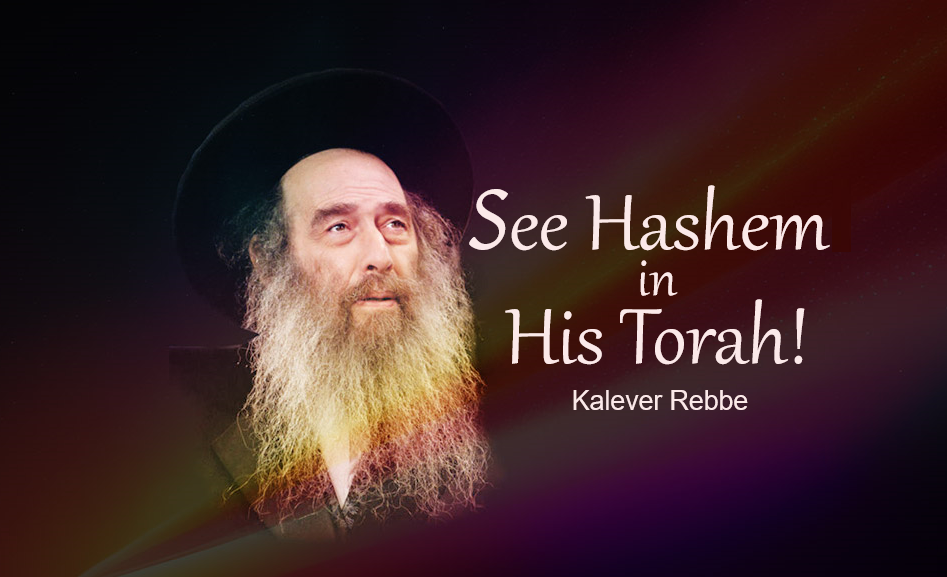
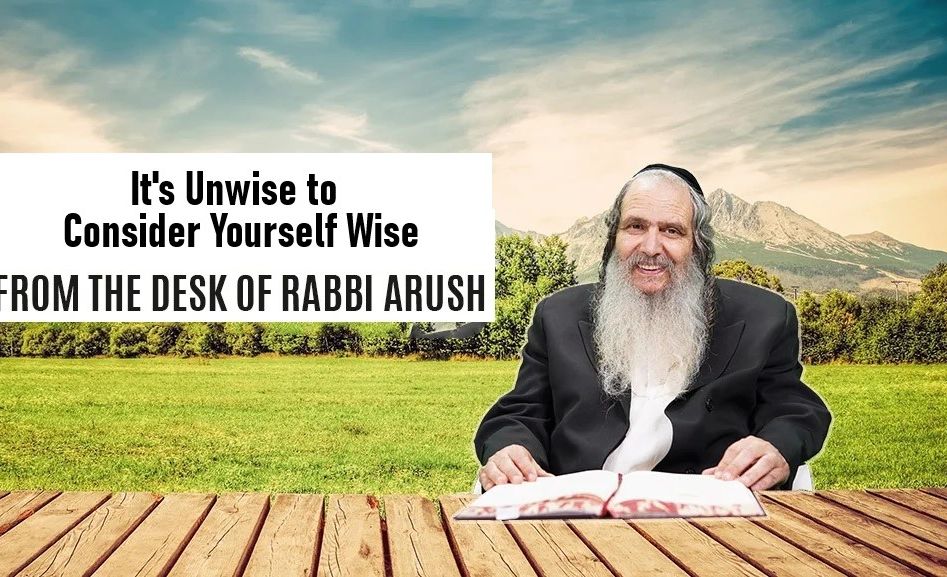
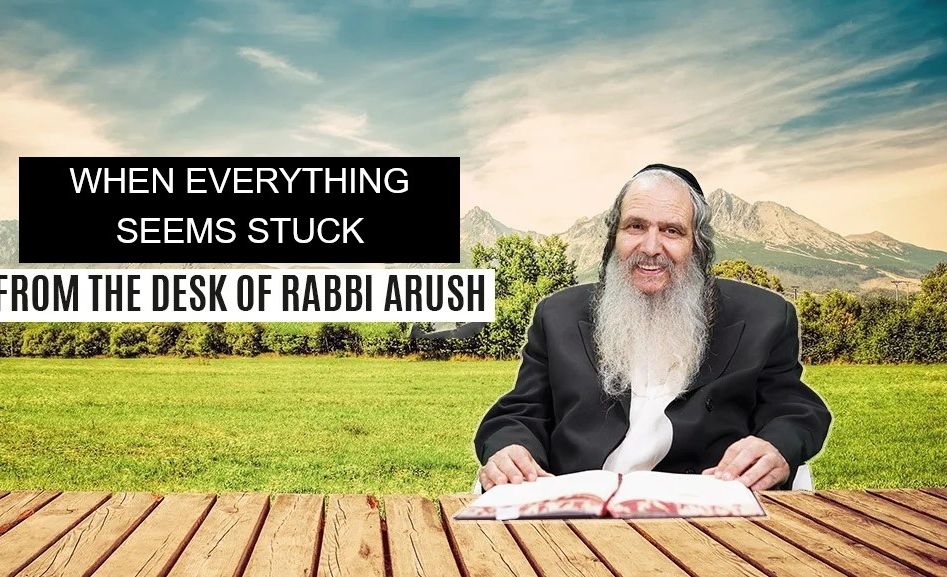
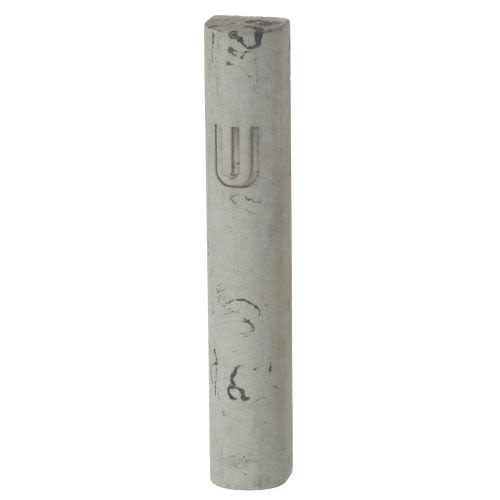
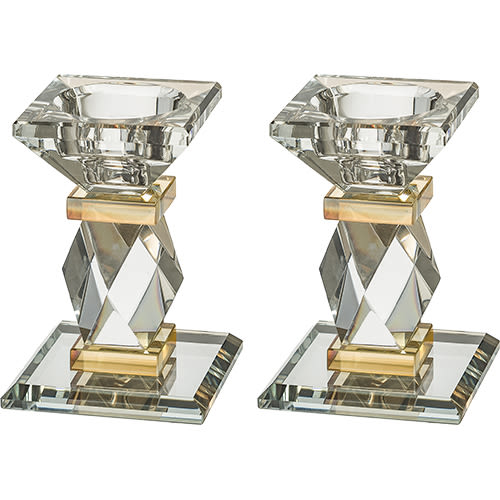

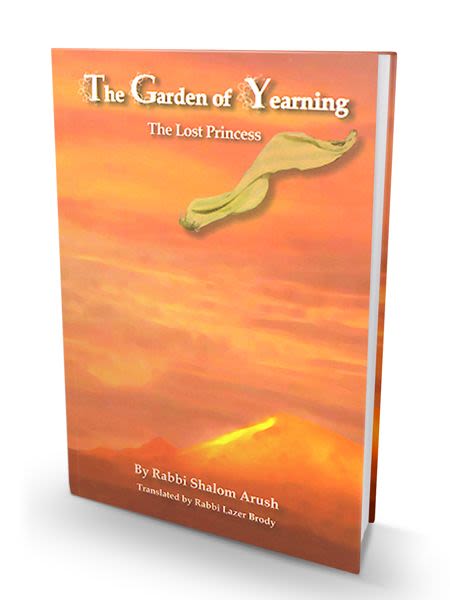
Tell us what you think!
Thank you for your comment!
It will be published after approval by the Editor.